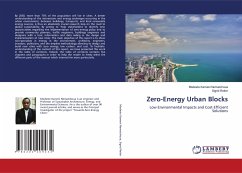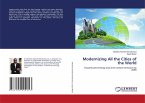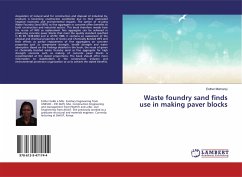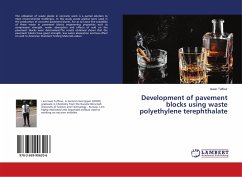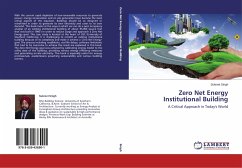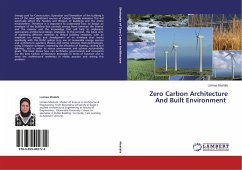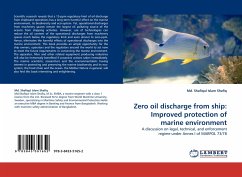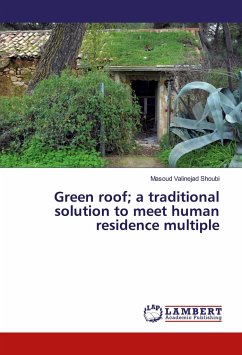By 2050, more than 75% of the population will live in cities. A better understanding of the interactions and energy exchanges occurring in the urban environment, between buildings, transports, and local renewable energy sources, is thus an absolutely crucial research step on the road to global sustainability. By aiming to "help stakeholders to identify new opportunities regarding the implementation of zero-energy policy and to provide community planners, traffic engineers, buildings engineers and designers with a tool, information and data aiding in the design and implementation of new cities. The main objective of this report is to show non-specialists in energy in the environment, architects, engineers, investors, politicians, and the simplest methodology allowing to design and build new cities with zero energy, low carbon, and cost. To facilitate understanding of the content of this report, we have presented this work in the table of contents. Indeed, the table of contents contains five chapters and paragraphs in order to help the reader to freely select the different parts of the manual which interest him more particularly.

